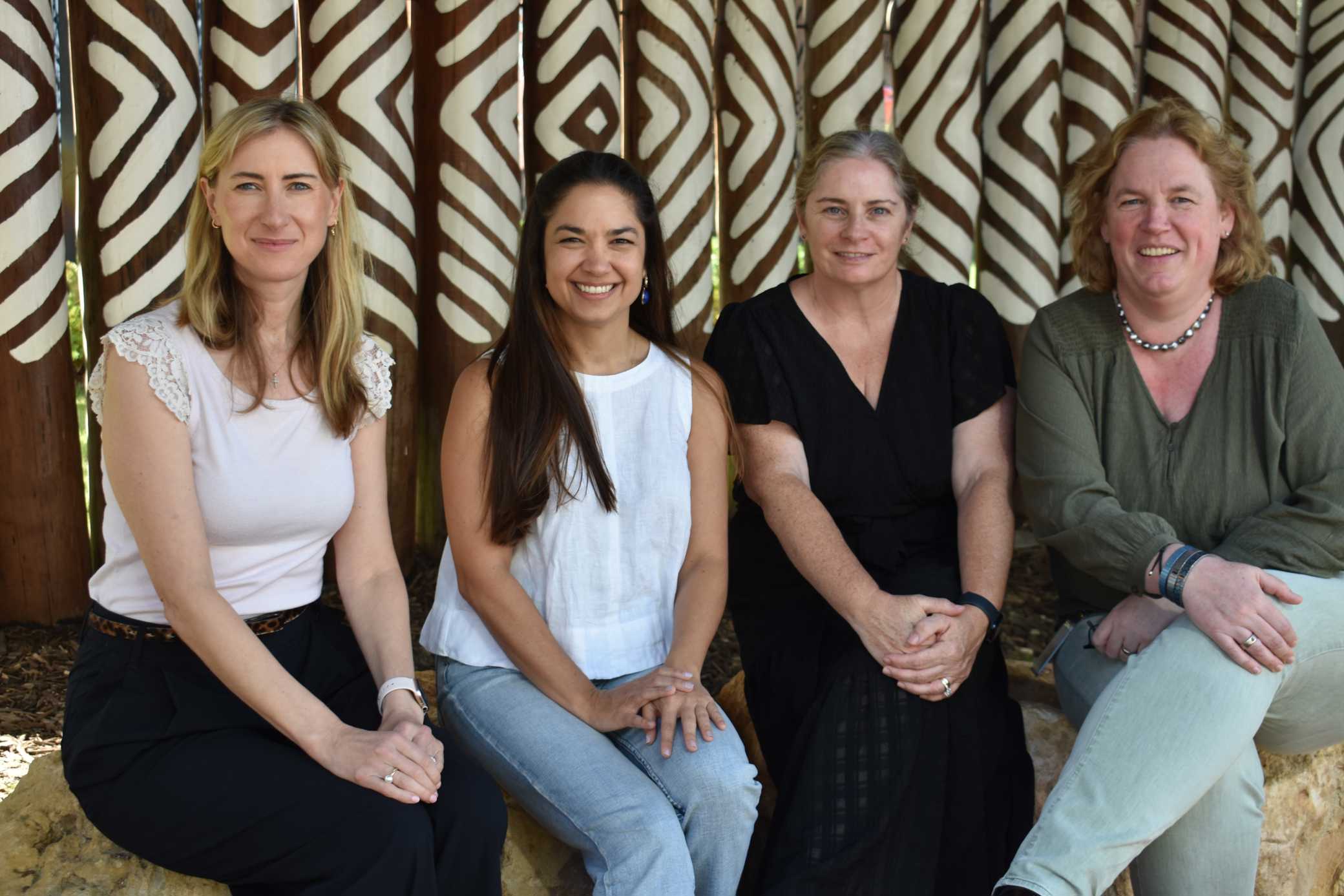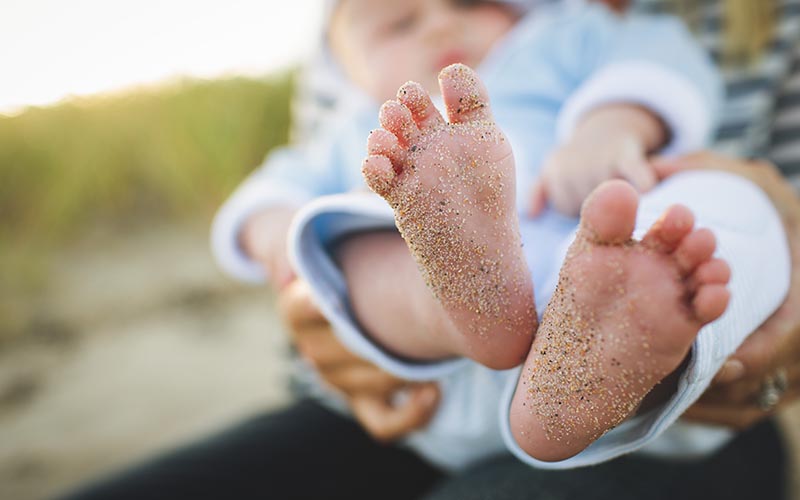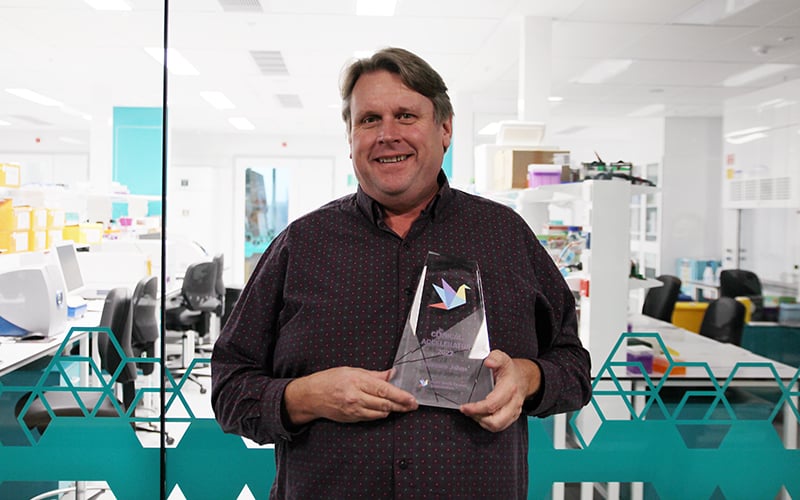Search
Showing results for "Au"
Research
Mapping the endemicity and seasonality of clinical malaria for intervention targeting in Haiti using routine case dataTowards the goal of malaria elimination on Hispaniola, the National Malaria Control Program of Haiti and its international partner organisations are conducting a campaign of interventions targeted to high-risk communities prioritised through evidence-based planning. Here we present a key piece of this planning: an up-to-date, fine-scale endemicity map and seasonality profile for Haiti informed by monthly case counts.
Research
Are outcomes for childhood leukaemia in Australia influenced by geographical remoteness and Indigenous race?Presenting features, biology and outcome for childhood leukaemia are known to vary by ethnic origin, geographic location and socioeconomic group. This study aimed to compare presentation patterns, follow-up and clinical outcomes in Indigenous and non-Indigenous children with acute leukaemia in Australia, and to assess the impact of remoteness and area-based socioeconomic disadvantage on outcome.
Research
A controlled human infection model of Streptococcus pyogenes pharyngitis (CHIVAS-M75): an observational, dose-finding studyStreptococcus pyogenes is a leading cause of infection-related morbidity and mortality. A reinvigorated vaccine development effort calls for new clinically relevant human S pyogenes experimental infection models to support proof of concept evaluation of candidate vaccines. We describe the initial Controlled Human Infection for Vaccination Against S pyogenes (CHIVAS-M75) study, in which we aimed to identify a dose of emm75 S pyogenes that causes acute pharyngitis in at least 60% of volunteers when applied to the pharynx by swab.
Research
Global epidemiology of valvular heart diseaseValvular heart disease is a major contributor to loss of physical function, quality of life and longevity. The epidemiology of VHD varies substantially around the world, with a predominance of functional and degenerative disease in high-income countries, and a predominance of rheumatic heart disease in low-income and middle-income countries. Reflecting this distribution, rheumatic heart disease remains by far the most common manifestation of VHD worldwide and affects approximately 41 million people.
Research
Reflections and perceptions of chronic tinnitus during childhoodReflections and perceptions of chronic tinnitus during childhood
Research
Study protocol of a multicentre, randomised, controlled trial evaluating the effectiveness of probiotic and peanut oral immunotherapy in inducing desensitisation or tolerance in children with peanut allergy compared with oral immunotherapyPeanut allergy is the the most common cause of life-threatening food-induced anaphylaxis. There is currently no effective long-term treatment. There is a pressing need for definitive treatments that improve the quality of life and prevent fatalities.
Research
Incidence and associated risk factors for falls in adults with intellectual disabilityPeople with intellectual disability fall at a younger age compared with the broader community

News & Events
Families shape future of Down syndrome careA collaborative study between UWA, Perth Children’s Hospital, The Kids and advocacy and support group Down Syndrome WA, has identified the top priorities, according to patients and carers, for clinical care and research for children with the genetic cond

News & Events
Joint Statement: New names reflect growing impact of Telethon and its beneficiariesBy mutual agreement with the Channel 7 Telethon Trust (Telethon), The Kids Research Institute Australia and Telethon Speech and Hearing will both rebrand in 2024.

News & Events
Trial of new antibody gives hope to children suffering from brain cancerChildren with aggressive brain cancers could soon have access to a significant new treatment option, using a unique antibody that stops cancer cells from repairing themselves.
